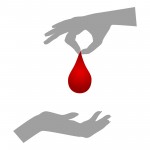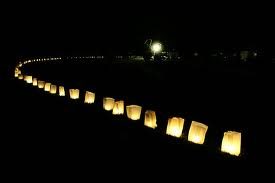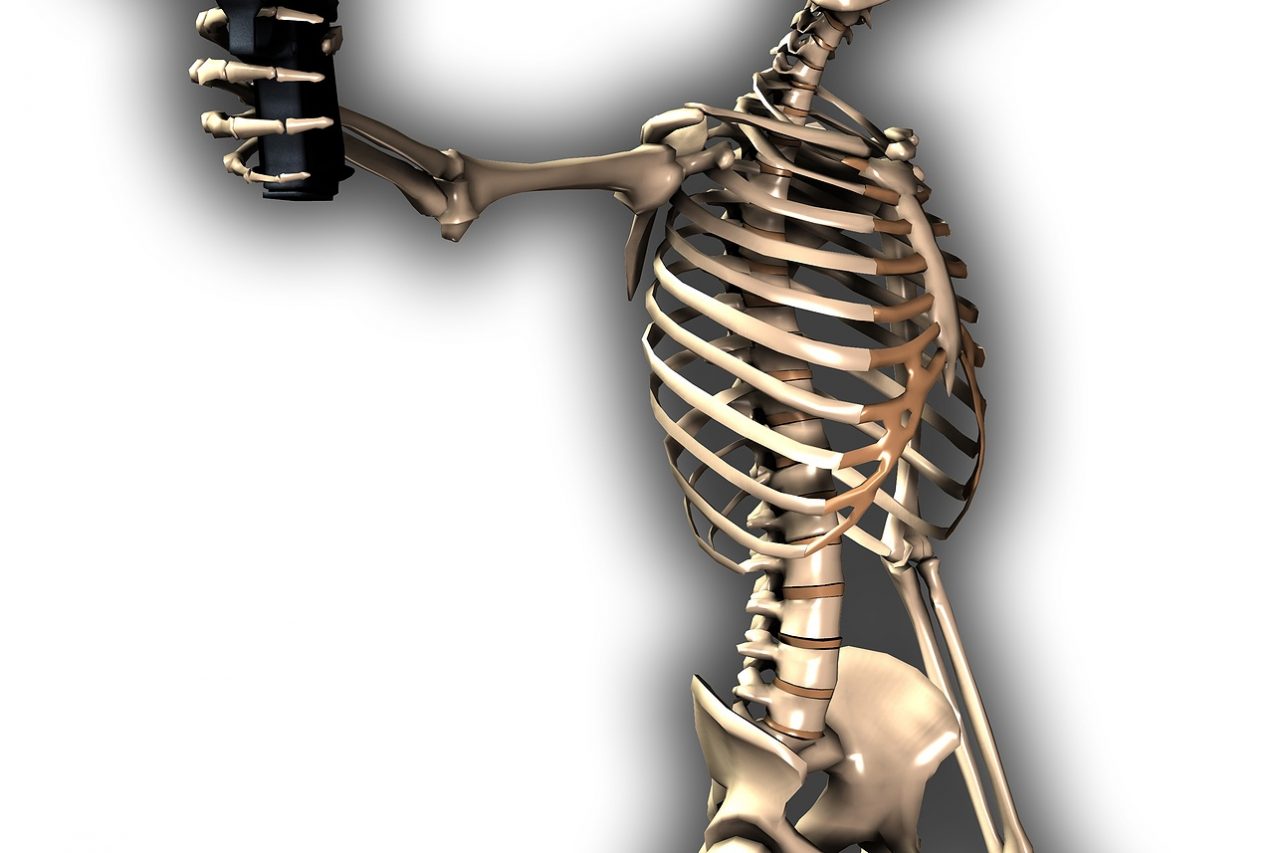If you had cancer, how good would a treatment have to be, how much would it have to help, for you to use it? How about if it gave you a 5% better chance of cure? A 10% chance? How about a 20% chance to be beat the disease using a treatment without side effects that is free? “Sign me up,” you say? Nonetheless, only 8% of breast cancer patients use a therapy that has a 25% likelihood of curing them of the dread disease? Ridiculous? Yes, but true.
What is this magic intervention estimated by the World Health Organization to reduce the risk of getting breast cancer by 20 – 40% and decrease the risk of cancer’s return by 26 – 40%? That means at least one in four breast cancer patients who would otherwise die, could survive. The complex, high technology, state-of-the art miracle is: exercise.
There is no debate that exercise decreases the occurrence of multiple cancers (breast, colon, prostate…), increases cure rates and markedly improves quality of life. The incredible thing is; NO ONE DOES IT!
In the Journal, Cancer Epidemiology Biomarkers and Prevention (not high on your reading list, I suspect), Caitlin Mason et al, studied physical activity levels in 631 women, ages 18-64, after treatment for breast cancer. In the first 2 years after diagnosis, 39.5% exercised. A fair start. However, regular exercise fell steadily until by 10 years only one in five exercised at all and only 8% got the recommended minimum of physical activity over the entire period. Reverse those numbers; nine out of ten women reject a treatment modality which has a 25% of saving them.
How good is 25%? Would you not look crossing the street, one in four times? Would you pull the trigger of a gun pointed between your eyes, if it had a one in four chance of blowing your head off? Do you understand that adjuvant chemotherapy, that is medical treatment given after breast surgery to prevent relapse, often improves your chance of life by only 10%? Chemo gives you a one in ten improved chance to live, while exercise better than one in four? A no brainer.
How does exercise work? Scientists are not sure. Likely, it is more than simply weight. It probably relates to better glucose, insulin, estrogen and other hormone levels, as well as benefits to the immune system. Cardiovascular health supports healing and defense, as well as the ability to tolerate needed medical interventions. Perhaps people that are out exercising are spending less time in smoke or radon filled rooms. Whatever the biology, those that exercise not only have better general fitness, but live longer to enjoy it.
We all have heard the excuses; Do not have the time, its too hot or too cold, I’m am not in the habit of exercising, my knee or my back are bothering me, etc. All “valid” reasons not to move. The bad news is that your body does not care! Your immune system, cardiovascular system, neuroendocrine system and every other part that is trying to protect you from deadly disease, does not know that you have a deadline, that it is raining, that you hate to sweat or that you are a klutz. Your body only knows that if you do not battle against the disease, then it does not need too either. This is not a benign lifestyle change such as whether you will read a book or watch TV, paint the bathroom blue or pink, or eat apples verses oranges. This a much more basic decision; will I live or will I die?
How much is enough? We should get some sort of regular exercise at least 30 minutes (45 is better), five (5) times a week. That is less than 2% of our time. The type of exertion does not matter. Walk, jog, bike, swim, yoga, dance, garden, mow the lawn, tennis or sex (just what the doctor ordered…”honey, its anti-cancer time”). That means trading one week a year of exercise “therapy”, for years of cancer free life.
Therefore, if you have ever had cancer, if you are concerned that you might someday get cancer, if you know someone who met someone that is concerned that they might ever have cancer, it is time to get off your butt and start your war against the disease. There may be no other intervention you can do which has a better chance of protecting you. Stay on the couch and you may find it truly is a rest in peace.







45 Comments